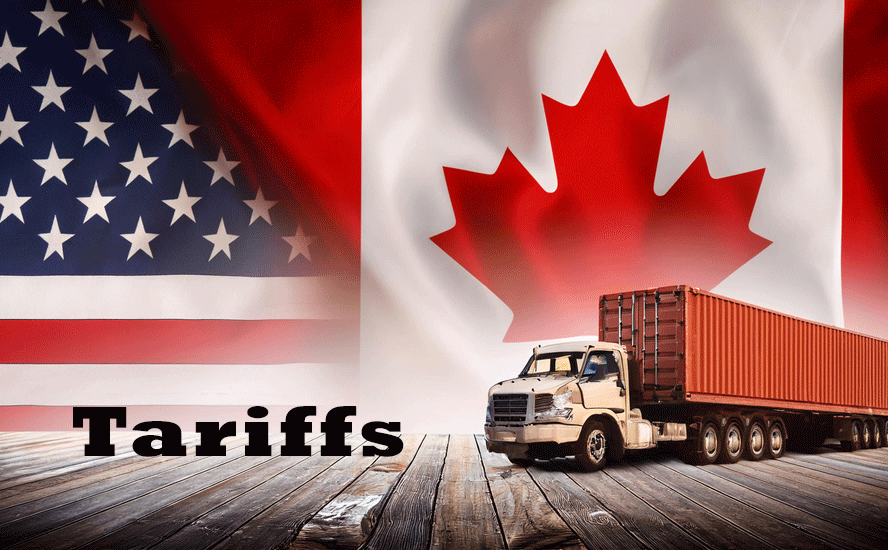In a bold move to counteract the United States’ recent imposition of tariffs on Canadian imports, the Canadian government has announced a comprehensive retaliatory tariff package totaling $155 billion. This decisive action underscores Canada’s commitment to defending its economic interests and supporting domestic industries amid escalating trade tensions.
A Firm Response to Unjustified U.S. Tariffs
On March 4, 2025, the U.S. government implemented a 25% tariff on a broad range of Canadian goods, citing national security concerns. In response, Canadian Finance Minister Dominic LeBlanc and Foreign Affairs Minister Mélanie Joly unveiled a two-phased countermeasure strategy.
- Phase One: Effective immediately, Canada imposed 25% tariffs on $30 billion worth of U.S. imports, including consumer goods such as orange juice, peanut butter, wine, spirits, beer, coffee, appliances, apparel, footwear, motorcycles, cosmetics, and certain pulp and paper products.
- Phase Two: Subject to a 21-day public consultation, Canada plans to extend tariffs to an additional $125 billion in U.S. goods. This list encompasses electric vehicles, steel and aluminum products, certain fruits and vegetables, aerospace products, beef, pork, dairy, trucks and buses, recreational vehicles, and recreational boats.
Minister LeBlanc emphasized, “These U.S. tariffs are plainly unjustified. They are detrimental to both American and Canadian families and businesses. Our response will be balanced and resolute.”
Targeted Tariffs on Steel and Aluminum
Following the U.S. decision on March 12, 2025, to impose 25% tariffs on all Canadian steel and aluminum products, Canada responded with equivalent measures. Effective March 13, 2025, Canada levied 25% tariffs on $12.6 billion worth of U.S. steel products and $3 billion in aluminum products. Additionally, tariffs were applied to $14.2 billion in other U.S. goods, including tools, computers, servers, display monitors, sports equipment, and cast-iron products.
Economic Implications and Support Measures
The Canadian government acknowledges the potential economic impact of these tariffs on domestic businesses and consumers. To mitigate adverse effects, a remission process has been established to consider requests for exceptional relief from the imposed tariffs. Furthermore, support programs are being coordinated with provincial and territorial governments to assist affected workers and industries.
Political and International Repercussions
The trade dispute has significant political ramifications. In Canada, public support has surged for leaders advocating a firm stance against U.S. trade policies. Liberal Party leader Mark Carney, who has taken a strong position on defending Canadian economic interests, is gaining momentum ahead of the upcoming federal election. Conversely, Conservative leader Pierre Poilievre’s approach of seeking negotiation with the U.S. has faced criticism. Financial Times+1Reuters+1Reuters
Internationally, Canada’s actions resonate with other U.S. allies facing similar trade challenges. The European Union and countries like China and Japan are closely monitoring the situation, with some considering their own countermeasures. The global response indicates a growing resistance to unilateral trade actions and a push for more collaborative international trade relations.
Conclusion
Canada’s robust response to U.S. tariffs reflects a commitment to protecting its economic sovereignty and supporting domestic industries. While the trade tensions present challenges, Canada’s strategic countermeasures and support systems aim to safeguard the nation’s economic stability and reinforce its position in global trade dynamics.
Sources:
- Canada announces $155B tariff package in response to unjustified U.S. tariffs – Department of Finance Canada
- Canada responds to unjustified U.S. tariffs on Canadian steel and aluminum products – Department of Finance Canada
- Canadian and Australian voters are rewarding defiance of Trump’s tariffs – Financial Times Financial Times






